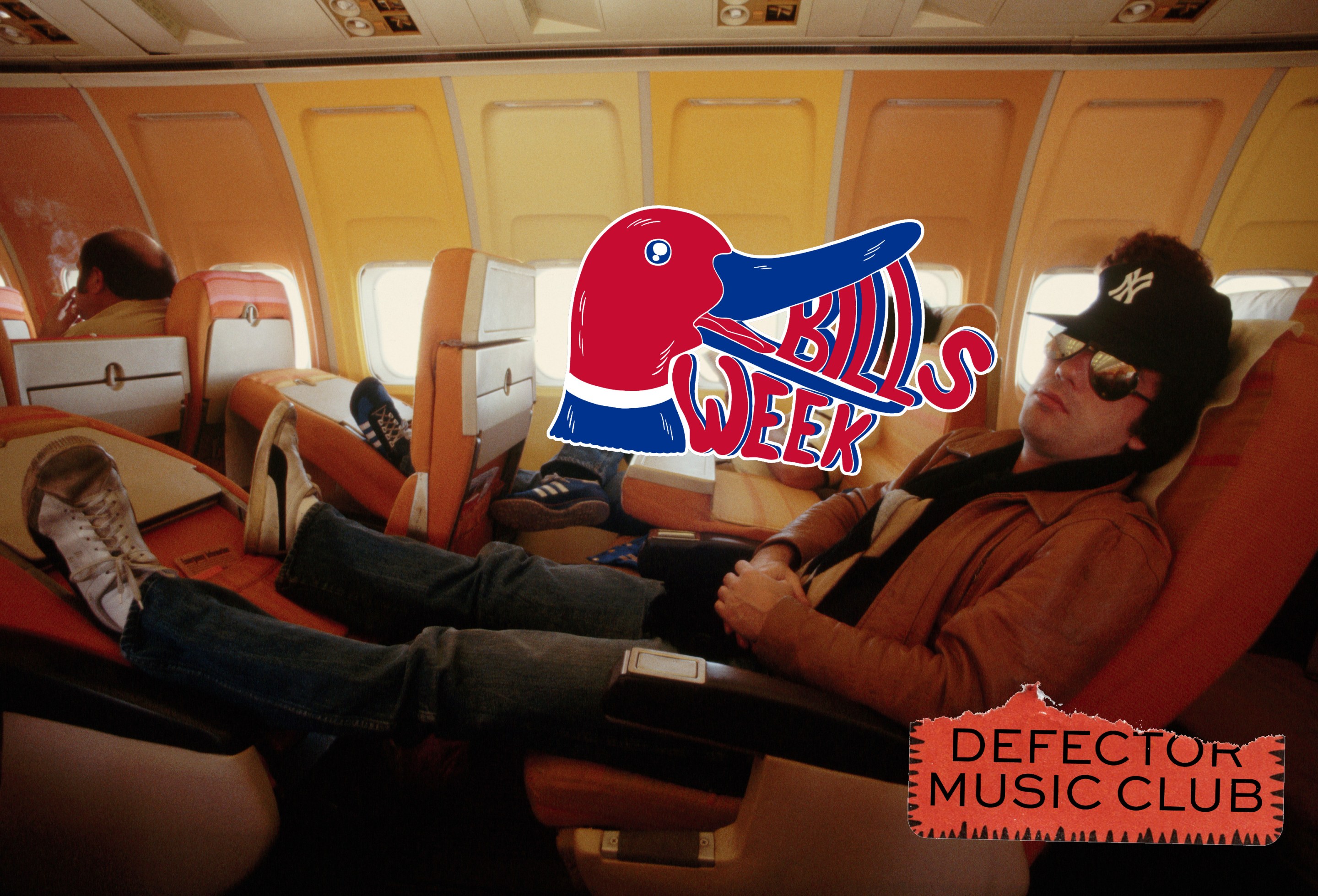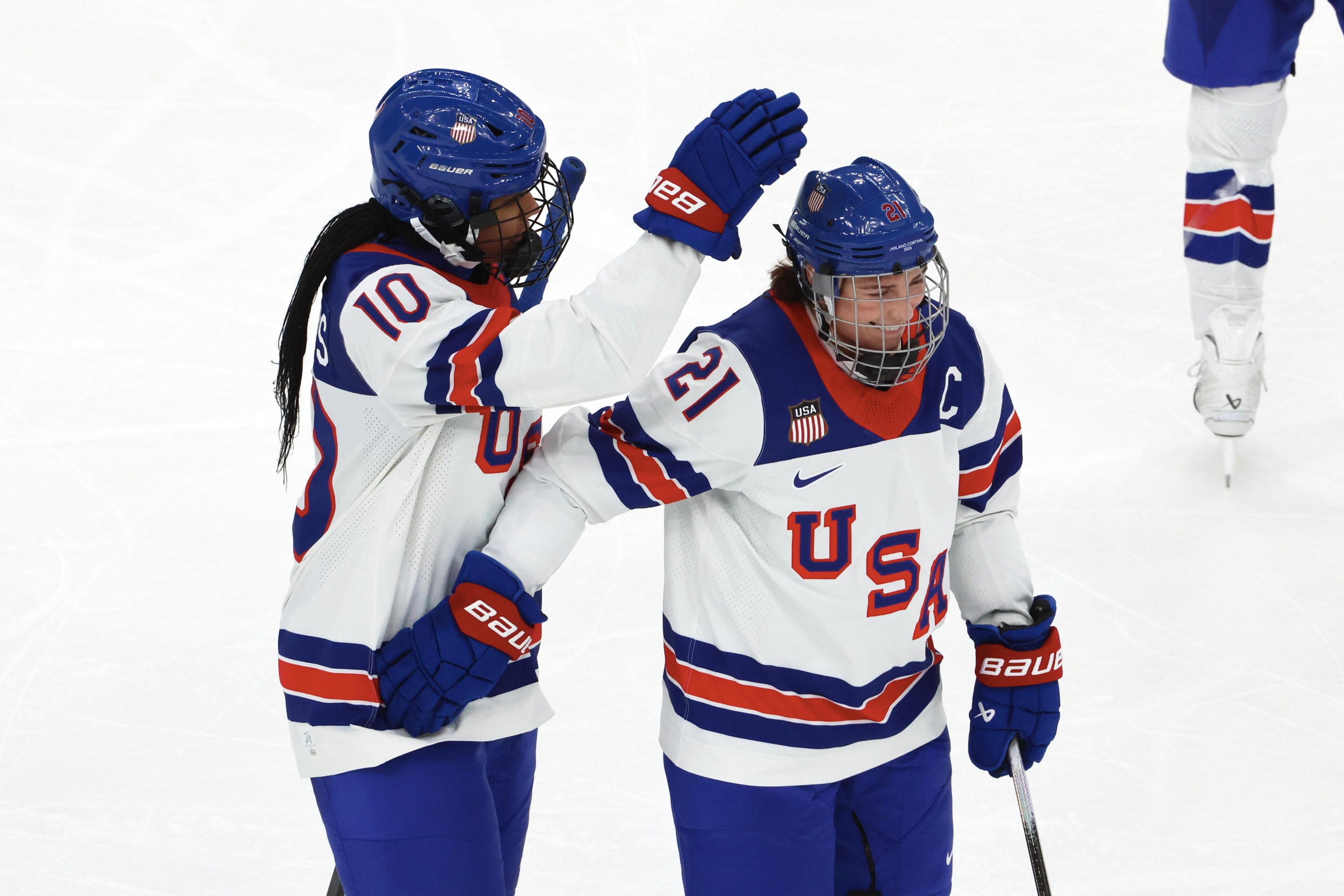You oughta know by now: This is Defector Music Club, where a number of our writers get together to dish about an album. Today, in honor of Bills Week, Dave McKenna, David Roth, and Lauren Theisen debate Billy Joel's 1977 smash The Stranger.
McKenna: Stunning how few rock and roll Bills are out there! But Lauren’s suggestion that we take up Billy Joel and The Stranger took me back. Everything takes me back at this age, sure, but this record hit the bins at the end of the Summer of 1977, which I spent with my cousins in Astoria, Queens, when my feelings for Billy Joel were their fondest. I was into guitars and dirtball rock. The only keyboard guys I gave my time to were bombastic longhair prog rockers with walls of organs and synths, like Rick Wakeman of Yes or Keith Emerson of Emerson, Lake and Palmer. (This nostalgia wave got me to dig out the Yes belt buckle I bought on Steinway Street in Astoria for $5 that summer.)

Acoustic pianos were for cornball square dudes where I came from, in D.C. But during that Summer of Sam, I learned that Billy Joel was way cooler to New Yorkers than he was back home. My cousin’s band in Astoria played “Miami 2017 (Seen the Lights Go Out on Broadway),” alongside dirtball rock numbers like Johnny Winter’s “Still Alive and Well” and and Neil Young’s “Down By The River,” and the cool rock station in New York, WNEW, played “Miami 2017” too. So I bought the Turnstiles LP just for that track. “Jungleland” by Bruce Springsteen was my go-to urban apocalypse song at the time, but Billy’s song displaced it.
Plus, the Astoria McKennas used to sing a line from “Piano Man” at me: “And he’s talking with Davey, who’s still in the Navy, and probably will be for life,” so I was going to love that song forever. That line is not in the hit radio version, which cut a minute off, so they were quoting LP lyrics at me! They were fans. And everybody said “Captain Jack” was about masturbation, so to my teen ass that made it cool. So I bought Piano Man too. (Same crowd also turned me into a Meat Loaf fan then.) It's kind of hard to swallow now, but from where I sat, when The Stranger came out, Billy Joel had an edge. I had to give it a chance. I’ll let you guys say nice things about him now.
Roth: I don’t think I ever really had a period of time where I was into Billy Joel at all, but I do agree with Dave that the tri-state area’s love affair with the guy is very deep, very longstanding, and honestly incredibly concerning to me. Furthermore, I agree that Joel rhyming “on a date” with “stay at home and masturbate” is a highlight, albeit in a career that I never really cared for very much. Also, Dave obliquely made a point that the appropriate point of comparison here is probably Broadway-style pomp-pop like Meat Loaf and not Bruce Springsteen, which was always the comp I had in my head. Much to consider there. Anyway, Lauren, this was your idea and I sense you are the most active Joel defender in this chat. Why, uh, did you want to do this?
Lauren: First of all, Billy Joel is named, essentially, Bill. Let’s not discount that reason for doing The Stranger during Bills Week. But I also genuinely love a lot of what he’s done. He’s made some of the best karaoke songs of all time—a couple of which are included on this record. This interview, where he’s self-critical to a ridiculous degree despite all his success, is a piece I return to again and again. And also, I went with my dad to see him at Madison Square Garden a few years ago, where he just played hit after hit after hit, and it’s a really good memory for me. I can name exactly one artist that I would say my dad actively enjoys, and that is Billy Joel.
Roth: I don’t have to agree with your dad to agree with that sentiment. Billy Joel has absolutely dominated in the Dad Space for the entire time I’ve been alive. He is the undisputed king of the uncles.
McKenna: But The Stranger wasn’t sold to dads! It was sold to everybody! That thing was on the charts forever, selling over 10 million albums. And Lauren, anybody who sees a Billy Joel show comes away feeling just like you did, won’t they? I’m pretty sure I’ve seen him more than once, but I could only prove having seen him in 2006, when I covered a D.C. show for the Washington Post. I re-read what I wrote and, yeah, I gushed and gushed in print. I clearly remember being in complete awe, mostly because of what a dang pro he was. I’ve been to concerts of about every geezer act that mattered by now, and some old dudes—Frank Sinatra, James Taylor, and Stevie Wonder come to mind immediately—are just next-level entertainers of a sort you have to see to believe. Billy Joel’s there. Plus, spending an evening with the guy forces you to realize he’s been a massive part of your life, whether you’re happy about that or not.
Roth: Here is a Billy Joel memory: A friend was in town from D.C., and we had dinner and then went to get a beer in the incredibly accursed and since-closed Houlihan’s down inside Penn Station before he got on his train home. It was a perfect Houlihan’s experience in that it was lit like a DMV, all the TVs were showing commercials, and the beers cost like $11.82. But when we left so he could catch his train, that night’s Billy Joel show had just let out, and people who’d been in attendance were making their way to the LIRR—and some, I presume, to New Jersey Transit, although that is not really my problem and I am not my brother’s/uncle’s keeper—around the same time. And while it was absolutely a parade of fully loaded potato skins in Tommy Bahama gear, just a tidal surge of boat-owner types, they were also as happy as any group of people I’ve ever come across in basically any context. There was quite literally a damn conga line snaking across the floor under the Amtrak departures sign, which is otherwise one of the grimmest places in this city. Seeing Billy Joel had made them feel like dancing in Penn Station at 10:15 p.m., and I have no choice but to respect that. In an abstract sense.
Lauren: This is where I make my confession: The Stranger has fallen in my estimation since I suggested this discussion. Off the top of my head, I think of it as his best achievement, and it probably is. “Movin’ Out” is a jam. So is the bratty horniness of “Only The Good Die Young.” The title track was perfect for Uncut Gems. And “Vienna” is still a poignant song that reminds me of being restless in college. All of this is still true. But I also, in this listen, had to endure the songs I never go back to. “Just The Way You Are” is so schmaltzy it makes me want to hurl. “Scenes From An Italian Restaurant” was cornier than I remembered. The raptured singing of “She’s Always A Woman” is hilariously out of place right after the previous song's honking Catholic-girl come-ons. And the last couple tracks are pretty pointless. In defending Billy Joel to his unrepentant haters so fiercely, I tend to forget that this is also the guy who composed “We Didn’t Start The Fire,” among a few other monstrosities.
McKenna: Hah. While prepping for this exercise, YouTube’s algorithm inflicted “We Didn’t Start The Fire” on me, too. How ass is that? I mean, it’s ass enough on its face, but even more ass when you remember it came out a couple years after R.E.M.’s name-dropping “End of the World As We Know It.” But, dammit, I gotta say to me The Stranger’s tracks are mostly better now than when I first heard ‘em. Joel's first Saturday Night Live appearance was to promote that record, and I know “Only the Good Die Young” hit me as pure cornball when he did it on the show. But I’ve been listening to the album a lot lately as homework, and, dammit, that’s a fine pop song! Also, this got me recalling what an impact “Just The Way You Are” had on me. I mean, back then you’d get beat up in my neighborhood for admitting you listened to that tune, let alone liked it. But somehow, when answering machines and voicemails came along right around this time, I started signing off every recorded message with “Don’t go changin’!” I was still using that line well into the millennium even. I like that. Hell, I might bring that back.
Roth: As with a lot of records that sold extremely well, you don’t just know most of the songs—and while I was more or less aghast to realize I know all the words to more than half of this record, I wasn’t surprised at all—but have been kind of soaking in them for decades. This was definitely the most focused thought I’ve given to any of them, but I don’t really remember a time when I wasn’t hearing these songs in one context or another. I knew “Vienna” somehow, and that was never a single! I think much of this owes to having been in summer camp with a bunch of Long Island children who would jam to Billy Joel songs in the bunk as if that wasn’t a totally depraved thing for a 12-year-old to do, but this record was so massive that they all would’ve gotten in there anyway. Although I can’t imagine that the summer camp thing helped. I for sure am more familiar with Joel’s River Of Dreams era than I ever would have chosen to be, and that is 100 percent on my bunkmates.
Lauren: In the interview I linked above, Billy notes that “Vienna” got popular from 13 Going On 30 and remarks “that’s a movie that was popular with girls, and girls are who most of the enthusiasm for the song comes from.” Fair point. Whereas the other big tracks do classify as “Aww, my dad likes this,” that’s a composition I will stand up for as hitting an emotion pretty timeless and commonly shared, in a way that finds its way close to my heart. How do you feel about that one?
McKenna: Revisiting “Vienna” did nothing for me. Also, I really hear the influence of Steely Dan in the title track to The Stranger now. That’s not a good thing. Steely Dan bored me then and forever.
Roth: I’d spent the least time with it previously, so in that sense I liked “Vienna” more than the more-familiar eighth-grade slow-dance glop—your “She’s Always A Woman To Me” and suchlike—but overall I think it suffered from the broader problem I have with Joel in Observational Mode, which is that I always pick up a strange sort of condescension. The song is sentimental in a way that feels sort of facile to me, but mostly it just feels like a kind of trite lecture from someone who doesn’t really know that much. There’s a funny bit from Robert Christgau’s little review of the record, which he seemed to like well enough, where he writes that Joel is “as likeable as your once-rebellious and still-tolerant uncle who has the quirk of believing that OPEC was designed to ruin his air-conditioning business.” I think that put a finger on something that always stuck in my throat where Joel was concerned, this admittedly desperate distinction between New Jersey-style ‘70s bombast like Springsteen—which is yearning and manic and grandiose—and Joel’s Long Island-style ‘70s bombast, which feels smug, or maybe just more satisfied with its station and less hungry. The (incredibly significant) fact of where I grew up notwithstanding, one of those flavors of suburban ennui aligns much more with my own way of being than the other.
That said, I agree that “Movin’ Out” and “Only The Good Die Young” hold up decently well, because Joel at least seems to be expressing himself in an honest way, even if the things being expressed are respectively “This is all fuckin’ bullshit” and “You have no idea how immature you seem for not wanting to do hand stuff with me, Billy Joel.” But even there it kind of still feels like he’s looking around a room from a corner booth and mentally going, “Get a load of these assholes.” This is maybe my fault for listening too closely to the words, or for over-indexing on the narcissism of small differences thing re: New Jersey vs. Long Island. Or I should’ve been comparing him to Meat Loaf the whole time and have always been wrong.
Lauren: Something else I’ll pull out from the interview: “I can’t figure out half the lyrics to Stones songs and it doesn’t matter.” Billy Joel is not a writer’s singer. His words often state the obvious, and they never try to overtake the melody. But when that melody is good, and the lyrics don’t sink all the way to embarrassing, he lives on as a communal experience that feels like a net positive.
Roth: I can buy that. And there’s definitely some stuff in here that was pleasing to me in that ultra-produced High ‘70s Pop way. The song “The Stranger” is pretty incoherent, but it moves at a clip and has that kind of sleazy synth-and-sax pizzazz that you could get on a big label recording budget in this era. When that polish is deployed in service of the ballads on here, I found it cloying—just a pint glass full of room-temp corn syrup. But when it’s done with that kind of energy, it goes down a lot easier. A fine cut-glass tumbler of appropriately chilled corn syrup, with a twist and a maraschino cherry.
McKenna: Whoever wrote “He’s talkin’ with Davey, who’s still in the Navy” is a wordsmith. Mick and Keith never wrote anything like that.
Roth: Talking with Davey is a universal experience, I agree. Highly sought after and appropriately valued.






